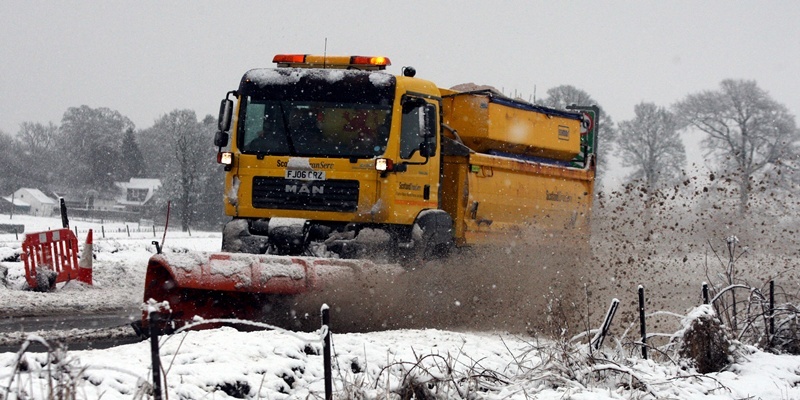Temperatures are set to plummet this week across Tayside and Fife with an Arctic blast predicted to bring snow and sleet over high ground.
The autumnal weather will give way to icy conditions before Halloween with the mercury falling to freezing.
Before that ”blood rain” caused by hot air from the Sahara could fall over parts of the UK.
A wave of hot air from North Africa is currently bringing sunny spells and high temperatures across the country and could also carry the strange precipitation rain carrying red dust swept up from the Sahara.
The dust is expected to leave red stains on cars. However, the warm spell will be short-lived when cold air blows down from the north towards the end of the week.
Met Office spokeswoman Sarah Holland said: ”We are going to see it turning to colder weather.
”Over the next few days, because we are getting our air from the east, it’s going to stay similar to what we have now.
”It will be quite foggy and misty in the mornings with highs of nine or 10 degrees Celsius. That’s about average for this time of year.
”As we move into Thursday we will see some colder air moving down from the north with highs of only around seven or eight degrees Celsius.
”On Friday, it will turn wetter and there will be sleet and snow in northern Scotland.”
She said rain could fall as sleet and snow over the higher ground in Tayside and Fife.
Temperatures are set to plummet on Friday, falling to 3C or 4C overnight.
Ms Holland added: ”Friday itself will be a cold day and Saturday it’s moving towards freezing.”
The Met Office forecast predicts a minimum temperature of -1C in Dundee on Friday. In Perth and Kirkcaldy, temperatures will fall to freezing and in Montrose and Leuchars the minimum temperature will be about 2C.
However, she said the cold snap would be ”pretty short-lived” in Courier Country.
”Temperatures will be back into double figures towards next week which is normal for what you would expect at this time of year.”
This year has already seen some headline-worthy weather bringing the country’s worst drought since 1976 followed by the wettest summer for a century.
